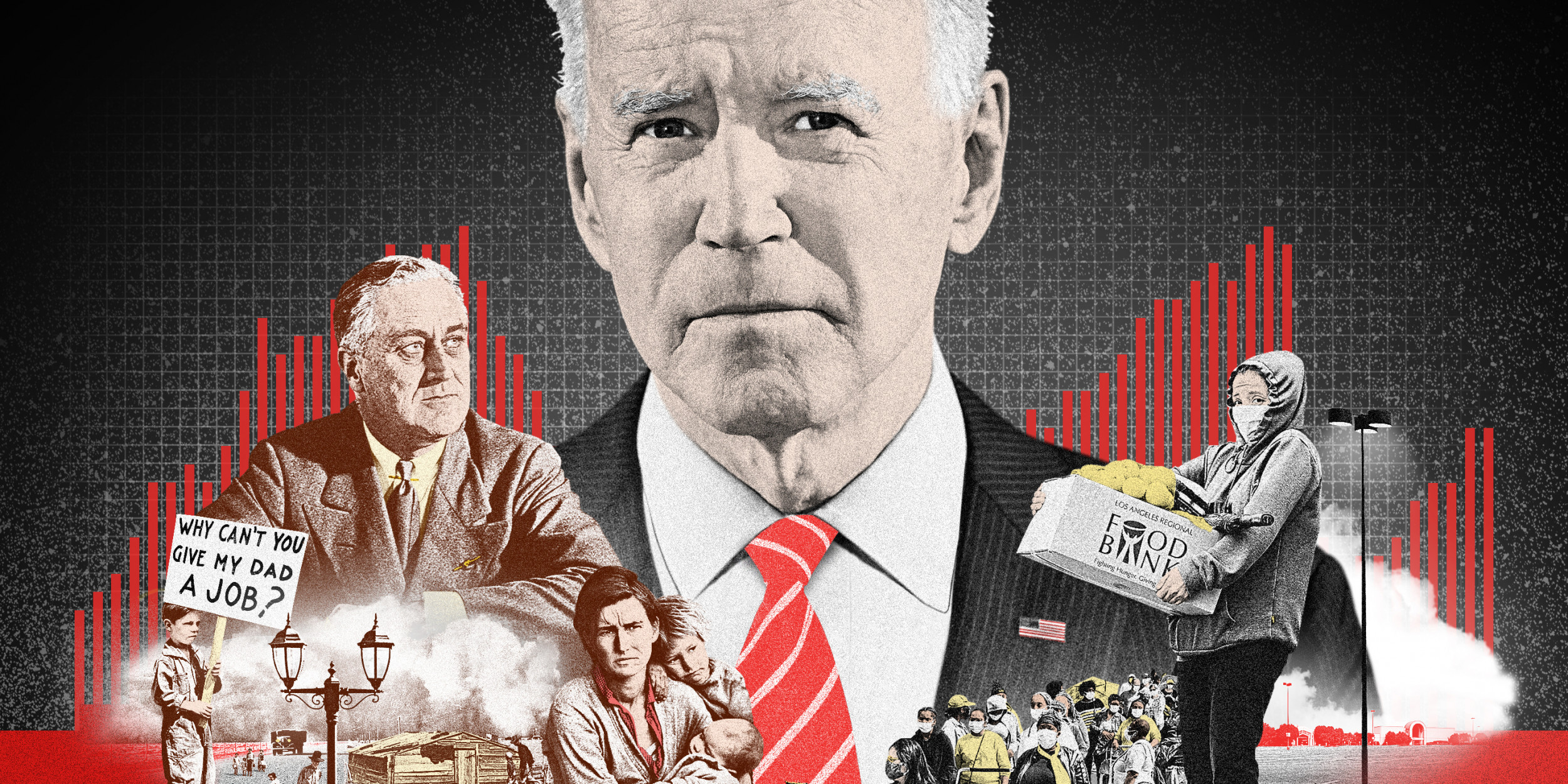A Very Powerful Signal: What Can Ukraine Expect after the Meeting between Zelenskiy and Blinken?
Indeed, in the U.S. power structure, the secretary of state is the key figure after the president. It is important to remember that Antony Blinken has visited almost no one in Europe in a bilateral format. Ukraine became the first country, so it is really a very powerful signal.
That’s if we are talking about symbolic things. But we are not only interested in symbols but also in reality. In practice, in the field of defense, which is important for Ukraine, the U.S will not only provide further assistance, but I think it will strengthen it. Politically, all the appropriate and correct statements have been made about territorial integrity, Crimea, Donbass, sanctions, Nord Stream 2 and all the other things that are important to us. Therefore, I think that in this context, we are doing very well.
As for the topic of Volodymyr Zelenskiy’s meeting with Biden, I think that sometimes we are getting far ahead of ourselves. Now that we’ve had a conversation about foreign policy with the second-in-command of the United States, we already want to conduct negotiations with the first. We should take into account the fact that Blinken raised important issues and we should deal with them because, in addition to the positive things that were mentioned, there were also those that are not so positive. The fact is, those are the things that cause real concern in the United States, not just a concern for the sake of appearances.
The good thing about the Biden administration is that it speaks quite straight and clear. Blinken is just one of those diplomats who, despite his diplomacy, knows how to express a position very clearly. And today things have been stated clearly and directly. It is important that they keep a keen eye on what is happening in Ukraine and that they are ready to help if the Ukrainian government stays committed to the ideological outlook that has already been announced. Good words without deeds are rushes and reeds. In this case, it is necessary to be honest. Unfortunately, we sometimes give reason to doubt that we take change seriously. Therefore, from the point of view of national interests, I believe that such straight signals regarding, for example, the backtracking on reforms are also useful.
Zelenskiy brought up the issue of discussing a Membership Action Plan for Ukraine at the upcoming NATO summit on June 14, but, in my opinion, Ukraine will not get a MAP then. There are at least four countries that will oppose it. There are steps that our government can take to make the MAP issue a reality. The plan is trite and simple — it is a copy of the plan Ukraine used to introduce a visa-free regime. There was also a lot of talk about the need to make reforms first. At some point, all these tasks were reduced to a simple plan and we were told: “Dear Ukrainians, here is the plan. It consists of these things. Please follow them, we will check them, and the visa-free travel regime is yours.” The same thing should be done now. I hope that it was discussed with the secretary of state.
I would first request that America, as the leading force in NATO, analyzes Ukraine’s plan and maybe add or remove some things. Then I would discuss it with other allies and come to an agreement. Then it would become the road map to the MAP — an automatic solution after Ukraine fulfills the criteria. In that case, no one in NATO will refuse it because of something not being done. It is a very practical approach, and I hope that our government will return to it.
In my opinion, Blinken’s support on this issue is politically significant. However, apart from the political assistance that has lasted for 12 years since the Bucharest NATO Summit in 2008, it is time to move on toward very practical actions.
The author, Volodymyr Ohryzko, is a Ukrainian diplomat, and was Minister of Foreign Affairs of Ukraine (2007−2009).

